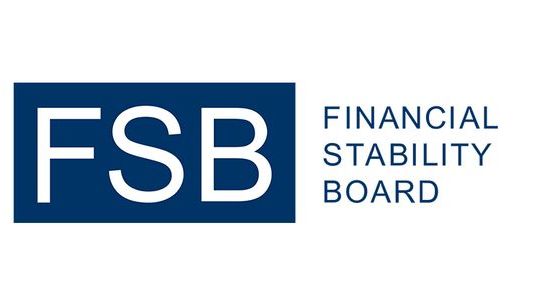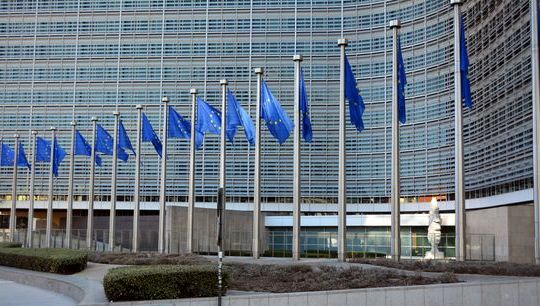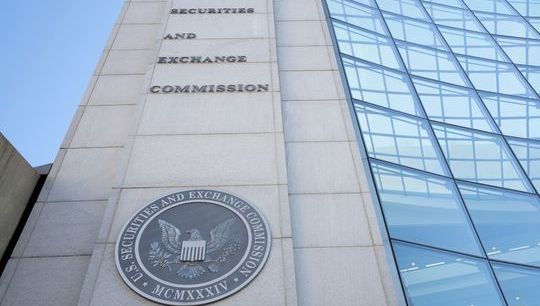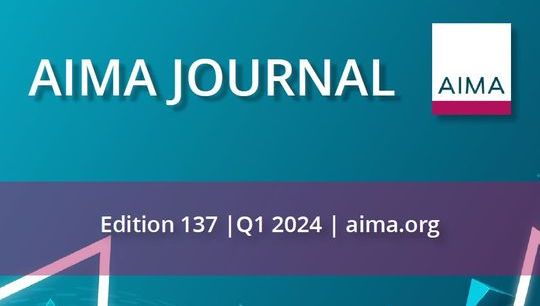Where’s my trader? The ins and outs of insourcing vs outsourcing
By David Berney; Michael Broadbent, Ergo Consultancy
Published: 30 November 2021
The buy-side community has long wrestled with thorny build-versus-buy questions. Should a fund build its trading technology or buy it off the shelf? What about its algorithms? In recent years, however, such debates have broadened to include much more than just hardware and software.
These days, the question of build versus buy can extend to the entire trading desk. Should you build a desk by hiring your own team of traders, or ‘buy’ one by outsourcing your trading requirements to a third party? Or is there a third option?
At Ergo Consultancy, we’ve spent hundreds of hours with all manner of funds to help them work out the best way to address their trading requirements. Of course, there is no one-size-fits-all answer to be had here. It always comes down to the individual fund. But there are factors that every fund should take on board as they evaluate their execution needs and consider their strategy.
This article aims to help in that process. Whether it’s building, buying or a hybrid option, there are pros and cons that need to be considered for each route.
The outs
The trend towards outsourcing the trading desk has received a lot of attention in recent months, and with good reason.
Well before COVID-19, many funds had already discovered that the cost-benefit analysis for their firms favoured outsourcing solutions. But plenty of funds held fast to the view that their PMs and traders needed to be in the same room. After COVID struck and forced virtually every market participant to have their traders work from home, a whole new wave of funds learned just how far remote trading technology had come. With that perceived obstacle no longer in the way, the list of candidates for outsourcing only grew.
At the same time, a rising number of firms have begun to offer outsourced trading solutions, which has led to extensive efforts to educate the fund management community about how these solutions work and what they offer. Vendors say interest from prospective clients has surged as the benefits of outsourcing have become more understood.
So, what are the main benefits that a fund should be aware of? The first one may surprise you because it’s not about costs. We call it the ‘zero-to-hero’ factor.
For a new fund, outsourcing allows it to get off the ground quickly, efficiently, and effectively. There are no trading systems to buy, traders to hire or relationships to form. A fund is up and running immediately. Not only that, but also it is able to run in any direction it chooses.
A second major benefit is that outsourcing creates massive flexibility. A single trader may be able to do perhaps a few dozen trades in a day. But for more complicated or difficult trades, that trader might be able to do only 10 well in a given day. It often simply takes a lot of time, as well as skill, to work out how to avoid moving the price. With an outsourced solution, a fund manager can throw out such heuristics. An outsourcing provider is not limited by the same bandwidth concerns. What is more, trading coverage for holidays or coverage for unplanned absences such as sickness becomes easy to arrange.
Another bonus comes from a network effect that emerges from an outsourced trading arrangement. An in-house trader will pick up a certain amount of market colour, which then can inform the trading strategy. But with an outsourcing provider, the amount of market colour grows exponentially because it gets shared among a large group of traders. We all know that such colour can be extremely valuable.
The eagle-eyed among you will notice that we have not even talked about cost savings yet. Many funds go into outsourcing arrangements in the expectation that they can sharply reduce their costs. That certainly is often the case, either directly or by allocating trading costs to funds rather than via the management company. But the takeaway here is that the cost savings are icing on the cake.
The ins
One of the main reasons funds often opt for insourcing is based on the idea of control. While an outsourcing solution can offer plenty of scope for a fund manager to dictate the manner of execution, there are other aspects to having more direct control which may not be so immediately apparent. For instance, having control extends to compliance and trader-portfolio manager relationships.
A related issue concerns trade errors. The larger the fund, the more tickets, which translates to more middle-and back-office functions. It becomes a numbers game. If a fund is doing 100 tickets a day and three of them have issues, resolving them is not a big deal. But if a fund is doing thousands of tickets a day, that is another question. With an in-house team, it may be easier to address recurring trading issues by modifying procedures. There are fewer links in the chain, and that makes problem-solving that much simpler. The amount of middle office work can suddenly be reduced significantly.
Insourcing also allows for greater information control. Whether it’s based in reality or not, there is a perception that having an outsourced trading solution increases the possibility for information leakage. Outsourcing vendors have well-developed methods for preventing this, but many fund managers will inevitably remain concerned. So, for those who do worry about this factor, the in-house option lets them sleep easier.
But perhaps the biggest argument for building the trading desk concerns specialisation and the opportunity to develop a team that is dedicated to excelling in the fund’s particular area of focus. Leading outsourced trading vendors often promote the advantages of their services in terms of the high levels of experience and skill their teams have. But there is no substitute for the expertise an in-house team can develop in terms of a fund’s own particular flow. The trader-PM relationship is stronger and the synergies that result from that relationship are greater as a result.
Of course, the build option takes time. If outsourcing has a zero-to-hero factor, insourcing tends to be a much more gradual, incremental process.
The hybrids
Signing up with a trading desk provider need not be an all-or-nothing proposition. For many funds, a hybrid option will make most sense.
This is particularly the case for funds that have a core area which they focus on, but where they may also have a number of other geographies or asset classes that regularly see some business. For such funds, having an in-house team that handles the core trading, and outsourcing other parts, can offer a best-of-both-worlds scenario.
The additional benefit to this model is that once a fund has set up an outsourcing arrangement to handle its non-core trading, it gains all the flexibility that comes with complete outsourced solutions. Fund managers no longer need to worry about coverage for holidays and illness. And if the fund wants to expand into a new area, everything is already in place. Never has it been so easy for a fund to dip its toes into lots of different waters.
The next phase
For new funds, the decision on whether to build, buy or go hybrid is critical. But it’s not permanent. Funds can review their trading arrangements at any time and move from one option to another.
The harder part, however, is not so much about selecting a pathway but about implementation. For the outs’, choices need to be made about which vendor is most suitable, based on a myriad of factors. For ‘the ins’, there are choices in terms of technology and operations, not to mention hiring the traders. For the hybrids, there are choices in terms of both.
All of this takes time and resource. Given enough of either, most funds would get there on their own. But most funds don’t have an endless supply of time or resource. Once a path has been settled on, they will generally want to move fast. That’s where we come in. We do the legwork and set up the beauty parades by vendors. These are tasks that we specialise in, so we’re able to quickly narrow the choices for a fund.
In the end, the optimum arrangement will depend on a broad range of factors, including size, trading focus, whether the fund is new or established, and what kind of capabilities it already has. But whether a firm decides it wants to insource, outsource, or go hybrid, we know we can help make the process a lot smoother, and much faster.








